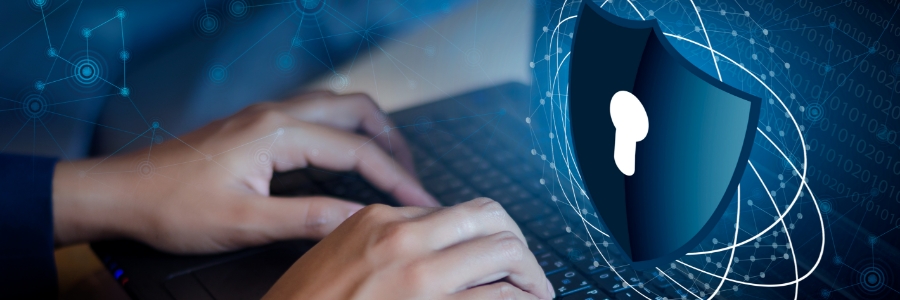Cybersecurity is a never-ending challenge, but there are steps you can take to keep your IT defenses strong and effective. One of these steps is to increase your knowledge of security threats. Here are five common ways that your business systems can be infiltrated.
Important cybersecurity terms every business owner should know

As technology advances, so do the risks associated with cyberthreats. Understanding basic cybersecurity terms is essential for business owners to protect their assets, data, and reputation. In the following sections, we'll explore key cybersecurity terms and concepts that every business owner should be familiar with.
Strengthening SMB cybersecurity with managed IT services

As technology continues to advance, small- and medium-sized businesses (SMBs) face increasing cybersecurity risks. Protecting sensitive data and maintaining a secure online environment is crucial for the success and longevity of SMBs, but without the right resources and expertise, this task can be daunting.
Unveiling the invisible threat: Exploring the world of fileless malware

With its ability to evade traditional antivirus solutions, fileless malware poses a significant challenge to organizations and individuals alike, as it can cause severe damage without leaving any traces behind. In this article, we will delve into the intricacies of fileless malware, explore how it works, and discuss effective strategies to protect against this invisible threat.
Protecting against distributed spam distraction

Distributed spam distraction (DSD) is a growing concern in today's digital landscape. With the proliferation of spam emails and messages, individuals and organizations need to be aware of this disruptive cyberattack. In this article, we will explore the concept of DSD, its implications, and ways to mitigate its effects.
5 Crucial steps to increasing BYOD security

Bring your own device (BYOD) arrangements have become increasingly popular in today's workplace, enabling employees to use their personal devices to access work-related applications and data. However, BYOD also presents a security risk, as personal devices may not be as thoroughly protected as corporate devices.
Does password autofill make hacking easier?

Password autofill is undeniably convenient, but do you know the dangers of using this common browser feature? Here's what you should be aware of when using it and how to secure yourself from potential cyberattacks through this feature.
The risks of password autofill
Password autofill is a convenient feature found in most browsers and password managers.
Proven strategies for ironclad cybersecurity

Despite improvements in cybersecurity solutions in recent years, a significant proportion of small businesses still rely on basic levels of protection. This approach is no longer viable, as cybercriminals have become highly adept at social engineering techniques and at identifying vulnerabilities in software and processes that they can take advantage of.
The five types of hackers targeting SMBs
Factors to consider when buying antivirus software

Cyberattacks can come for any business, regardless of size or scope. Small- and mid-sized businesses, in particular, are facing an increasing risk from cybercriminals who know that these organizations often lack sufficient protective measures. With a variety of threats becoming more dangerous, it's essential to ensure your cybersecurity solutions are up to par.


